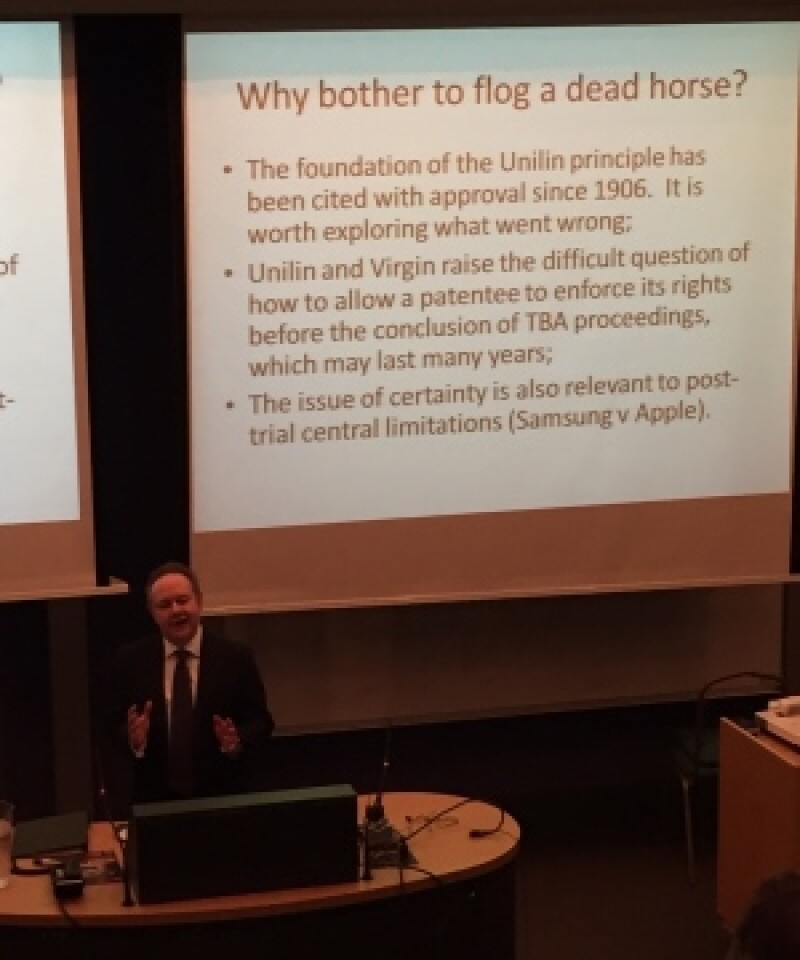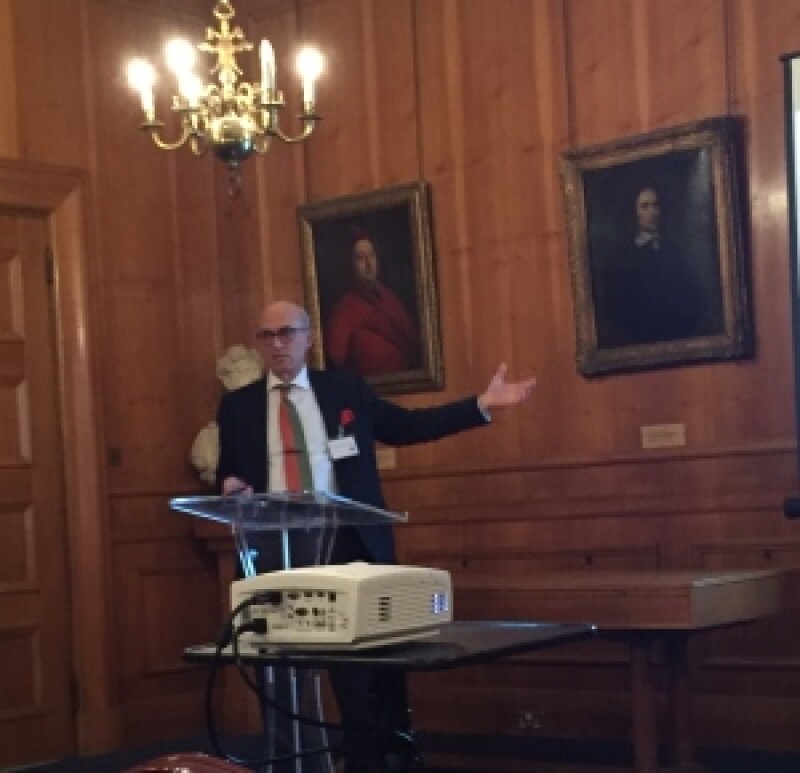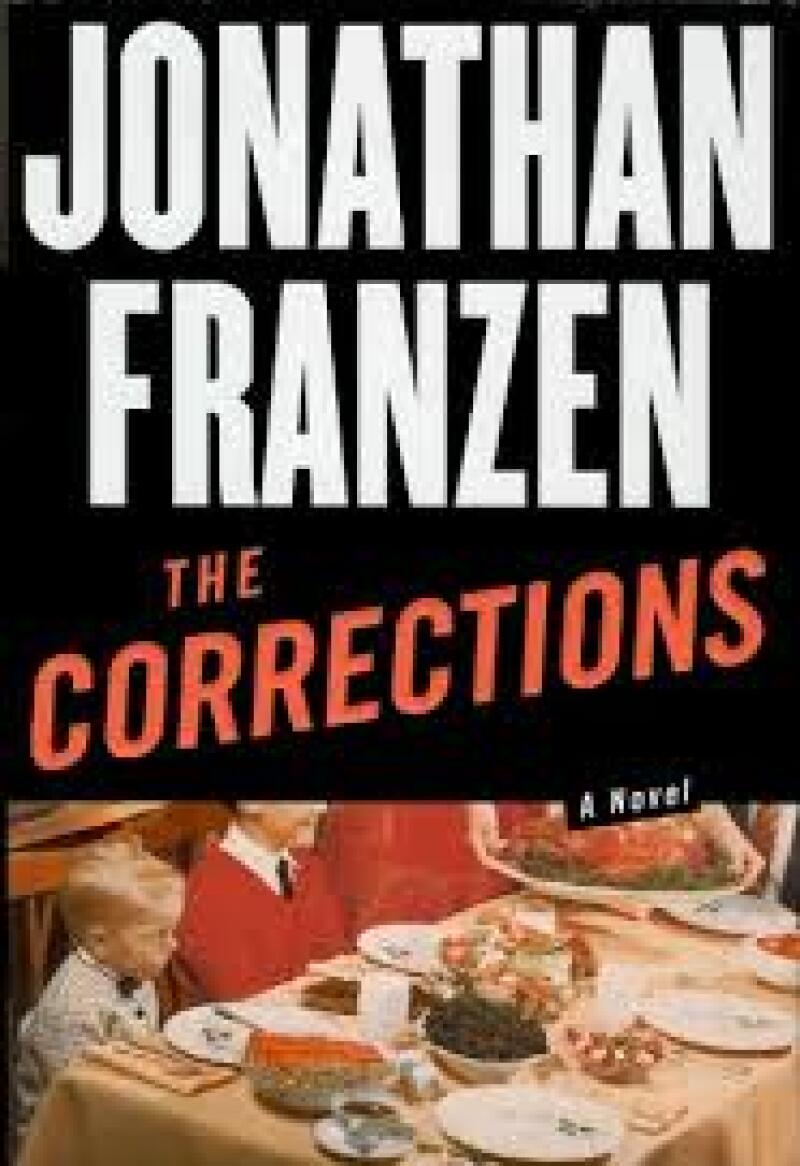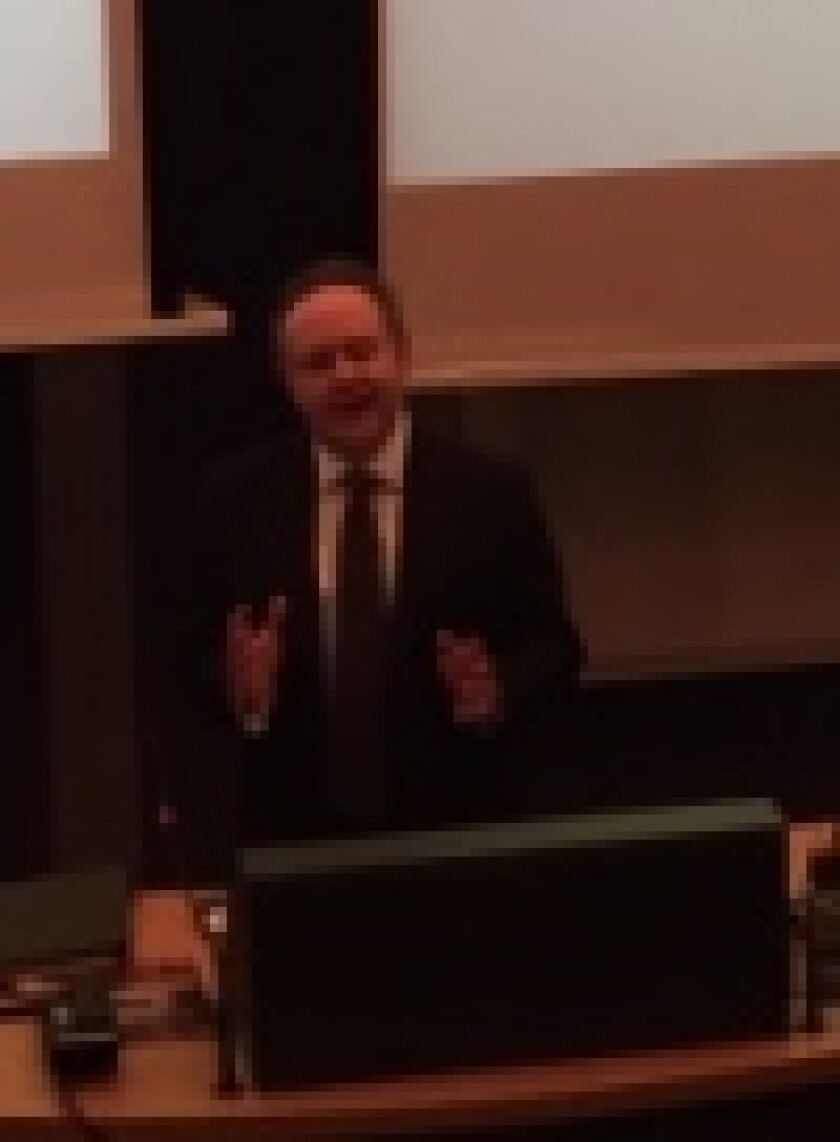Carr ride

In one of his first speeches since becoming a High Court judge, Mr Justice Carr this week presented the annual Herchel Smith Lecture at Queen Mary University of London on the topic of res judicata. He gave a tour of the Virgin v Zodiac airline seats case, which he argued successfully at the UK Supreme Court before he joined the bench, the development of the law in this area (which goes back over 100 years in the UK) and some unresolved questions. Carr was introduced by Professor Johanna Gibson as an expert in “drugs, dog fleas and lingerie” – a reference to a few of the cases he has acted in. He discussed the need for a balance between allowing a patentee to enforce its rights and allowing a defendant to enjoy the fruits of its victory in court, given that the outcome of validity challenges (in particular at the EPO, where oppositions can take 12 years) may not be known until long after a court has awarded an injunction and damages. Previous English cases had allowed damages awards to stand despite a patent later being invalidated; the Virgin case overturned that principle.
In Virgin, argued Carr, the Supreme Court judges had got round the problem by ruling that the earlier cases (which included a judgment handed down extempore on a Friday afternoon) were simply “wrong in law” and therefore “the whole house of cards crumbles”. But, wearing his judicial robes (and therefore taking a more nuanced approach than when he argued the case) he noted that several questions remain, including the scope of cause-of-action estoppel; when it is appropriate to grant a stay; and even whether pursuing an appeal could be an abuse of process. This issue is still very much alive.
IPEC a victim of success
Carr was not the only IP judge behind a podium in the past week. Judge Hacon of the Intellectual Property Enterprise Court (IPEC) spoke at last week’s UNION-IP Christmas dinner. The event was held under Chatham House Rules, which is probably for the best as the wine was flowing freely to wash down the roast turkey and Christmas pudding. But I can say that Hacon gave an entertaining insight into how litigation in the UK has changed, and addressed questions from the audience on topics including delays and procedures at the IPEC and the likely impact of the UPC.
The former is becoming something of a concern at the IPEC (formerly the Patents County Court, it is designed for lower-value IP disputes and there are rules capping costs and damages). It is to some extent a victim of its own success, and while trials are still dealt with efficiently, the time to trial can now be up to a year in some cases, so it’s not as fast as it was. With limited budget for additional or part-time deputy judges, the problem is not easy to solve. Having said that, most practitioners believe the IPEC has a lot to offer (including the guarantee of an IP-specialist judge and predictability about costs) regardless of the time to trial. Read our recent interview with Hacon here.
The virtues of brevity

The IPEC was also discussed by Roger Wyand QC at last night’s Hogarth Chambers Festive Patent Seminar. Wyand is himself a deputy judge who has sat in cases including the Glee trade mark dispute (now being reviewed by the Court of Appeal), but this week he was giving his perspective as a barrister on the trend towards shorter trials. He cited his recent experience in the IPEC where a case involving two Queens Counsel and eight witnesses was wrapped up by 4pm on the second day. Other initiatives at the High Court include fixed end trials, which encourage more accurate time estimates, and the new shorter trials scheme which places strict limits on timing and written submissions for cases where the trial is estimated to take four days or less. Wyand noted that these changes are partly the result of “continental competition” and speculated that the trend will further develop when the UPC comes into effect. “It’s the way things are going, and we are going, whether we like it or not!” he said.
Strictly trade mark infringement
Judges of a different sort are at the centre of another IP-related storm, after the BBC succeeded in taking down a Facebook fan page for Strictly Come Dancing, its popular weekend entertainment show. The results programme is recorded on Saturday but broadcast on Sunday, and that has provided an opportunity for an enterprising whistleblower (Dave Thorp) to reveal which celebrity the judges have voted out. He does so on the “Strictly Spoiler” website and via Twitter, and also set up a Facebook page, which was liked by over 1,000 people.
But last month Facebook disabled access to the Strictly Spoiler page because the BBC had complained that it violated its trade mark rights for Strictly Come Dancing. In a post, Thorp challenged this view but said he didn’t have the time or resources to contest it. He also welcomed advice from any sympathetic IP lawyers … so get in touch with him if you want. The latest development is apparently that the BBC have agreed to reinstate the page, but not until after the series has finished (would it not still be infringing the trade marks then?).
IP in literature

We’ve been having some fun on Twitter in the past week identifying works of literature that feature intellectually property (see #ipinliterature). Jonathan Franzen’s The Corrections kicked off the list (a dispute over the value of a patent is one of the many tensions within the Lambert family in the novel). Other suggestions included: George Bernard Shaw’s Pygmalion; Charles Dickens’ Little Dorrit and Poor Man’s tale of a Patent; The Third Man by Graham Greene; About A Boy by Nick Hornby; Ian McEwan’s Solar; Stanford professor Paul Goldstein’s thrillers A Patent Lie, Errors and Omissions and Havana Requiem; the detective novels by Tana French; The Man Who Fell to Earth by Walter Tevis; John Le Carré’s The Constant Gardener; Roald Dahl’s The Great Automatic Grammatizator; and Oral Argument by Kim Stanley Robinson.
Does anyone have any other nominations for this IP reading list? We’d particularly like to hear about any stories, novels or plays in languages other than English.










